
E-Bikes and the Environment: How Green Is Your Ride Really?
Electric bikes have been praised as a cleaner, greener way to get around. With cities getting more crowded and the climate conversation growing louder, e-bikes are gaining popularity not just for convenience, but for their environmental appeal. But how green is an e-bike, really? Is it truly sustainable, or just another form of consumption?
Here’s a closer look at how e-bikes impact the planet, from manufacturing to daily use, and how they compare to other modes of transportation.
1. Emissions and Energy Use: A Clear Advantage
One of the strongest environmental arguments for e-bikes is how little energy they use. An e-bike typically consumes between 30 and 50 times less energy per mile than a gas-powered car. Even when charged from a non-renewable energy source, the carbon footprint of e-bike commuting is significantly lower than that of cars, motorcycles, or even electric vehicles.
And while e-bikes do use electricity, their small batteries and efficient motors mean the energy required per ride is minimal. It’s a huge leap forward in cutting daily emissions—especially when replacing short car trips.
2. Battery and Manufacturing Impact
No vehicle is entirely impact-free, and e-bikes are no exception. Most batteries used in e-bikes contain lithium, which requires mining and processing. Battery production, as well as frame and motor manufacturing, does have a carbon footprint.
That said, e-bike components are far smaller and simpler than those of electric cars, and their manufacturing footprint is proportionally lower. With proper maintenance and responsible battery recycling, the long-term impact can be greatly reduced. Many brands now offer recycling programs or use higher-grade components that last longer, which also helps minimize waste.
3. Daily Benefits: Fewer Cars, Cleaner Air
One of the biggest environmental wins of e-bikes is their ability to replace car trips. In urban areas especially, most daily car trips are under 5 miles—distances perfectly suited to e-bikes. Each ride that replaces a car trip helps reduce road congestion, fuel consumption, and tailpipe emissions.
Fewer cars on the road also means less noise pollution and better air quality, especially in cities. The collective effect of thousands of people choosing bikes over cars can significantly shift urban environmental conditions.
4. A Greener Lifestyle Choice
E-bikes don’t just reduce your carbon footprint—they can change the way you think about transportation. When you ride an e-bike, you're more likely to explore local shops, support nearby businesses, and spend more time outdoors. These lifestyle shifts lead to a more sustainable rhythm of living overall.
Choosing an e-bike is often the start of a broader commitment to living with less environmental impact—not a perfect solution, but a meaningful one.
Conclusion: It’s Not Just a Ride, It’s a Statement
While no form of transportation is entirely free from environmental cost, e-bikes offer one of the best compromises. They’re energy-efficient, quiet, and capable of replacing a significant portion of daily car travel. For anyone looking to reduce their environmental impact without giving up convenience, an e-bike is a smart step forward.









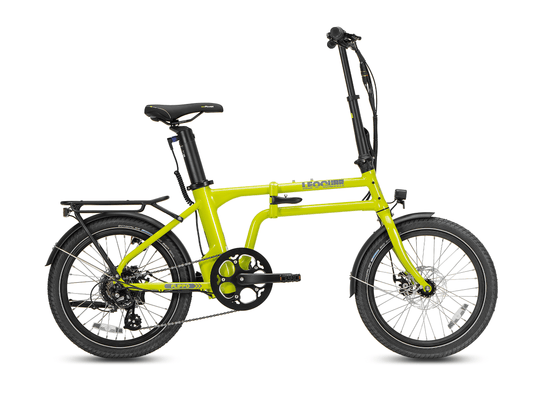
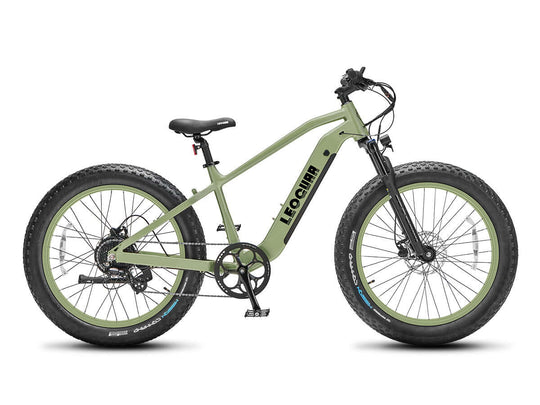
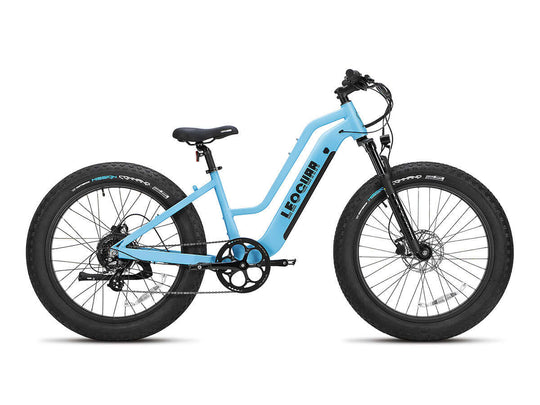
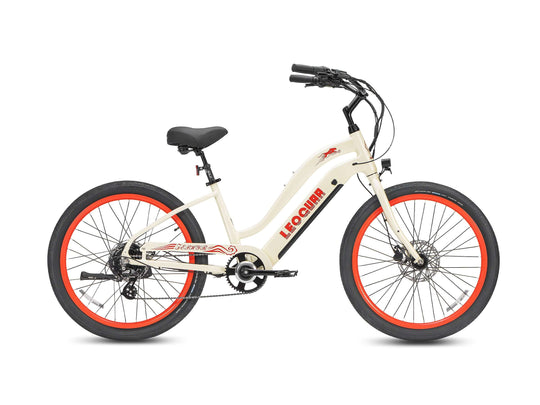
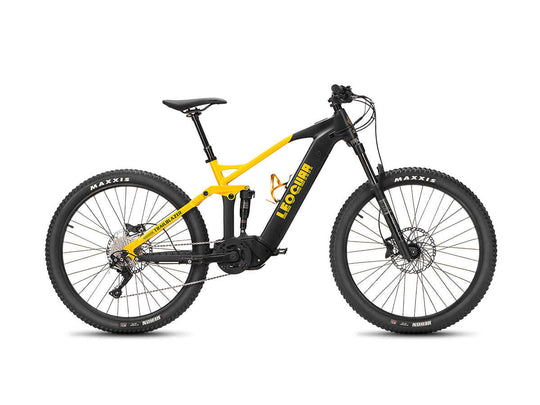
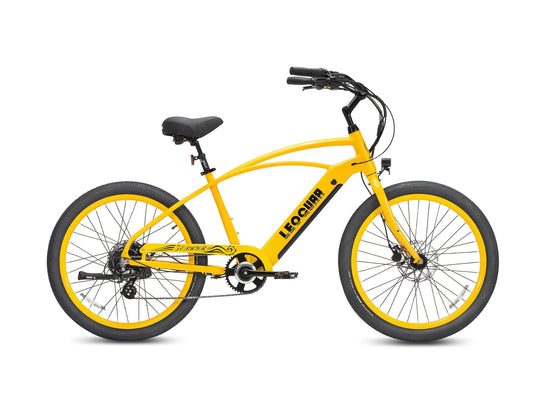
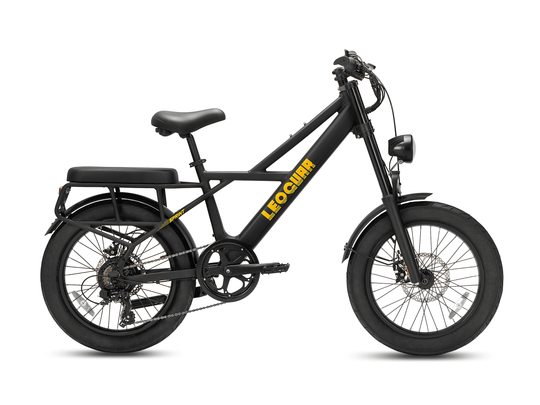










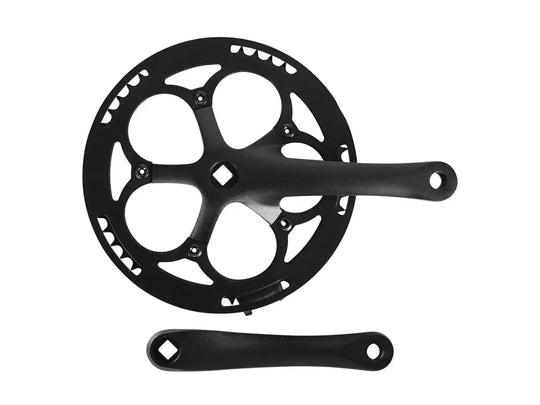
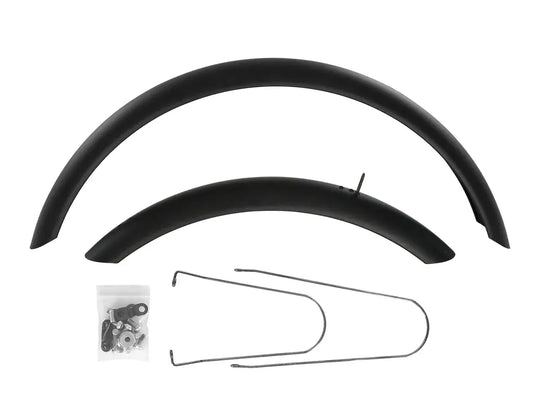

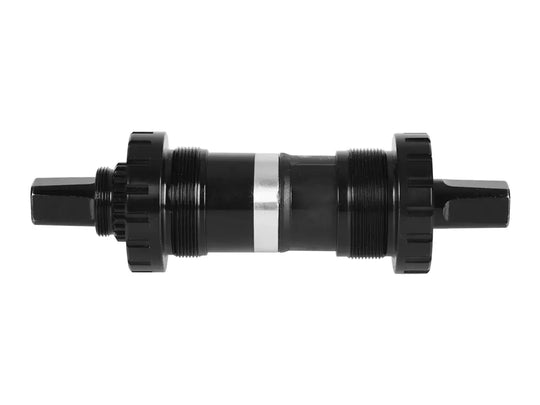



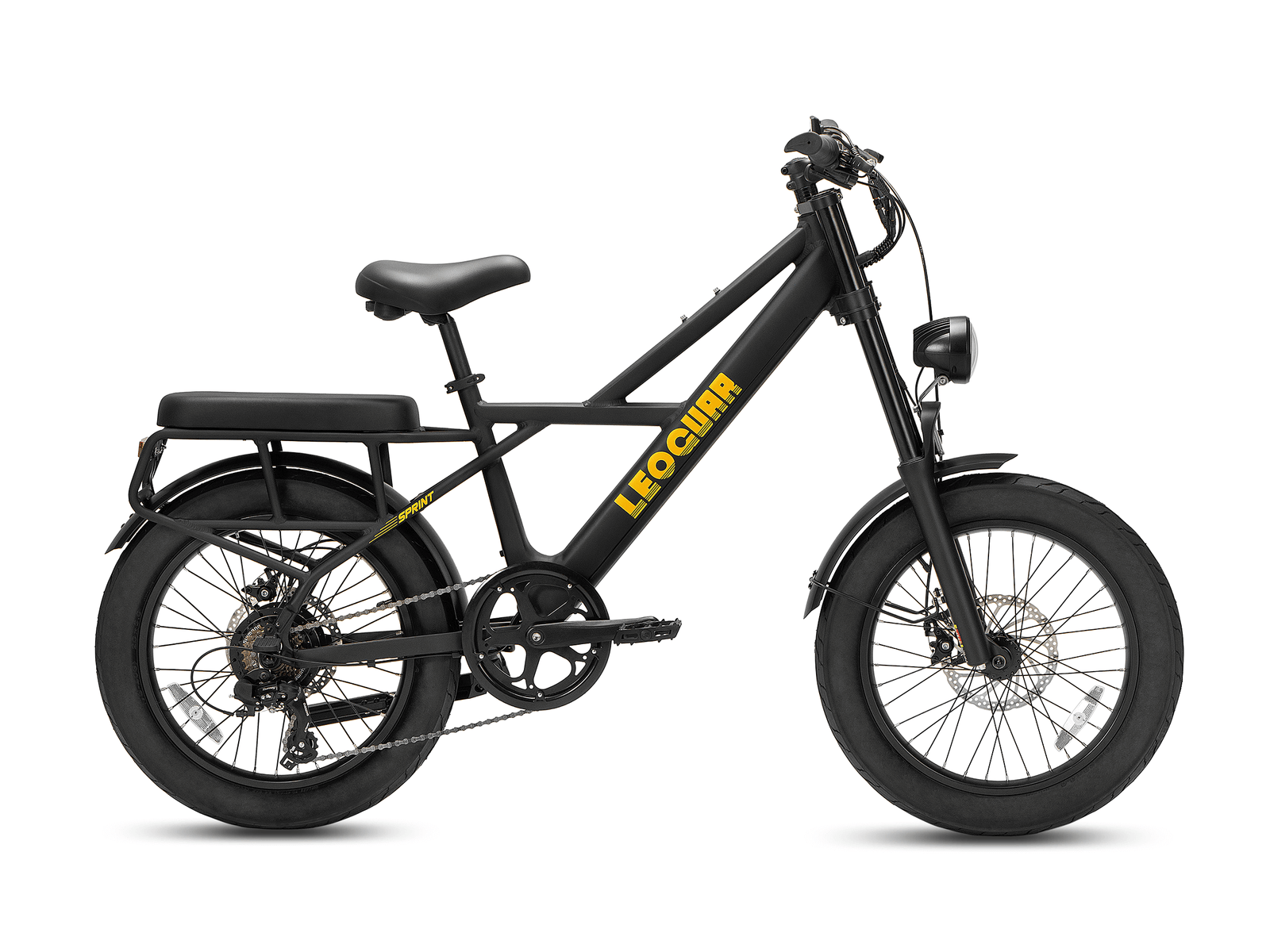








Leave a comment